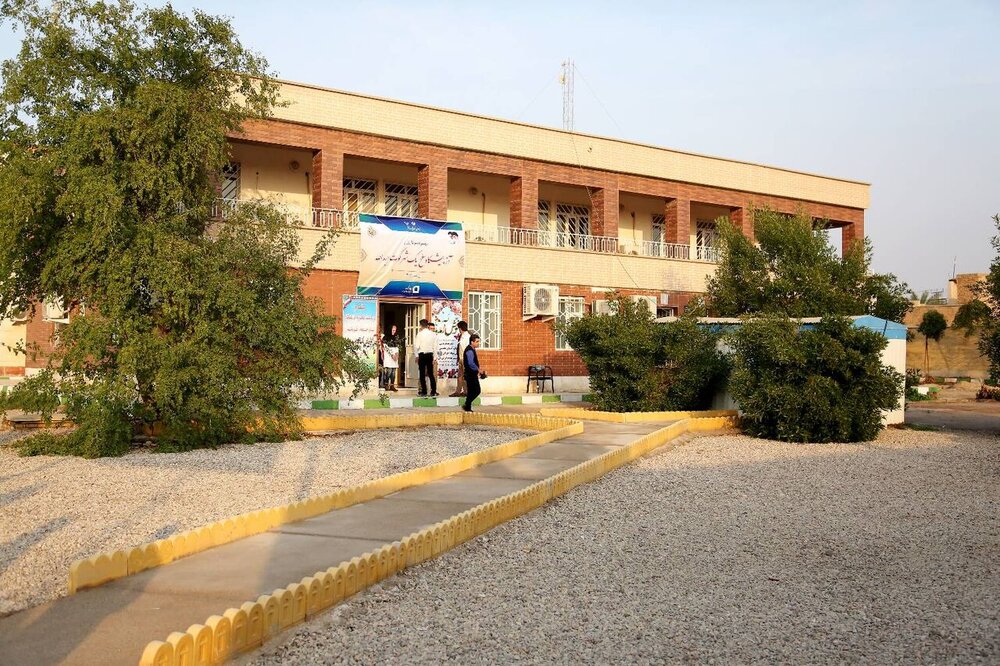Charity builds 160 clinics, medical centers in deprived provinces

TEHRAN - Barekat Charity Foundation, affiliated with the Headquarters for Executing the Order of the Imam, has constructed 160 clinics and medical centers in three deprived provinces of the country.
The Foundation opened healthcare bases, laboratories, and emergency medical centers in rural areas of Sistan-Baluchestan, Khuzestan, and South Khorasan provinces, IRIB reported.
The charity has concluded contracts for building a total of 173 clinics and medical centers in the three provinces.
Barekat Foundation is planning to build and complete 298 hospitals and healthcare centers in the country, 249 of which have so far been inaugurated.
Some 650 rural areas are covered by the health and treatment services of the Foundation.
As many as 10,000 development projects are being implemented by the Foundation in 4,500 villages nationwide.
Barekat Foundation pursues the implementation and completion of health and treatment projects in deprived and rural areas of the country with the aim of economic and social empowerment, improving health and hygiene indicators, and providing medical services to the people of deprived and less developed areas.
Implementation of 58,000 infrastructure projects such as building schools, hospitals, libraries, laboratories, mosques, emergency centers, medical equipment centers, health centers, bridges, roads, and water supply facilities in deprived and rural areas of the country are on the agenda.
Headquarters for Executing the Order of the Imam was founded in 1989. In the Iranian calendar year, 1386 (March 2017-March 2018) Barekat Charity Foundation- the social arm of the organization- with the aim of promoting social justice was established.
Socio-economic empowerment of communities by encouraging entrepreneurship prioritizing breadwinner women, developing infrastructures such as water supply and power grids, building roads, constructing schools and increasing educational spaces, promoting health for all, and granting non-repayable loans and insurance, especially in less developed areas and regions most affected by 1980s war and natural disasters are of the priorities of the charity foundation.
A total of 31 trillion rials (nearly $78 million) for the eradication of deprivation in rural areas has been approved by the Majlis (Iranian Parliament) in the budget bill for the current Iranian calendar year (March 2022-March 2023).
The comprehensive development plans aim to develop rural areas in line with cultural, economic, and social conditions, as well as housing provision for the rural residents and improving environmental services.
There are around 40,000 villages in the country with more than 20 households, for all of which comprehensive development plans have been approved every 10 years.
Currently, 26 percent of the country's population lives in villages, around 39,000 villages have more than 20 households and 23,000 villages have less than 20 households.
Thus, more than 97 percent of the country's rural population lives in villages with over 20,000 households.
In Iran, where villages account for generating 20-23 percent of the value-added in the country, the development of rural areas has been always a top agenda of the government’s activities.
Many efforts have been made over the past couple of years by the government to support villagers and slow down the trend of migration from rural areas to cities.
Rural tourism, agritourism, religious tourism, and ecotourism are alternatives or complementary economic activities that could further stimulate rural development while decreasing rural community dependency on one main economic sector (agriculture, forestry, energy, or mining).
MG
Leave a Comment